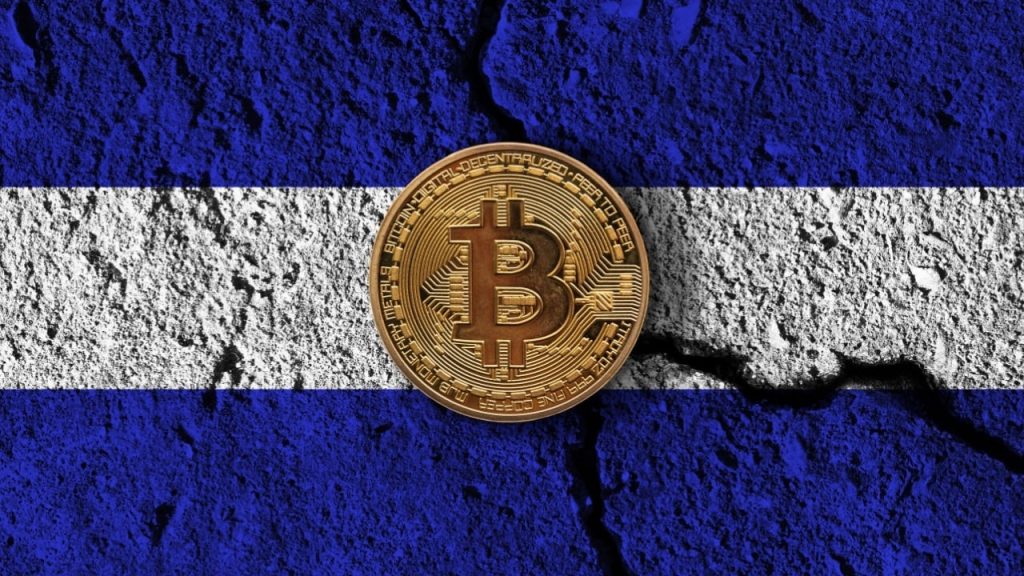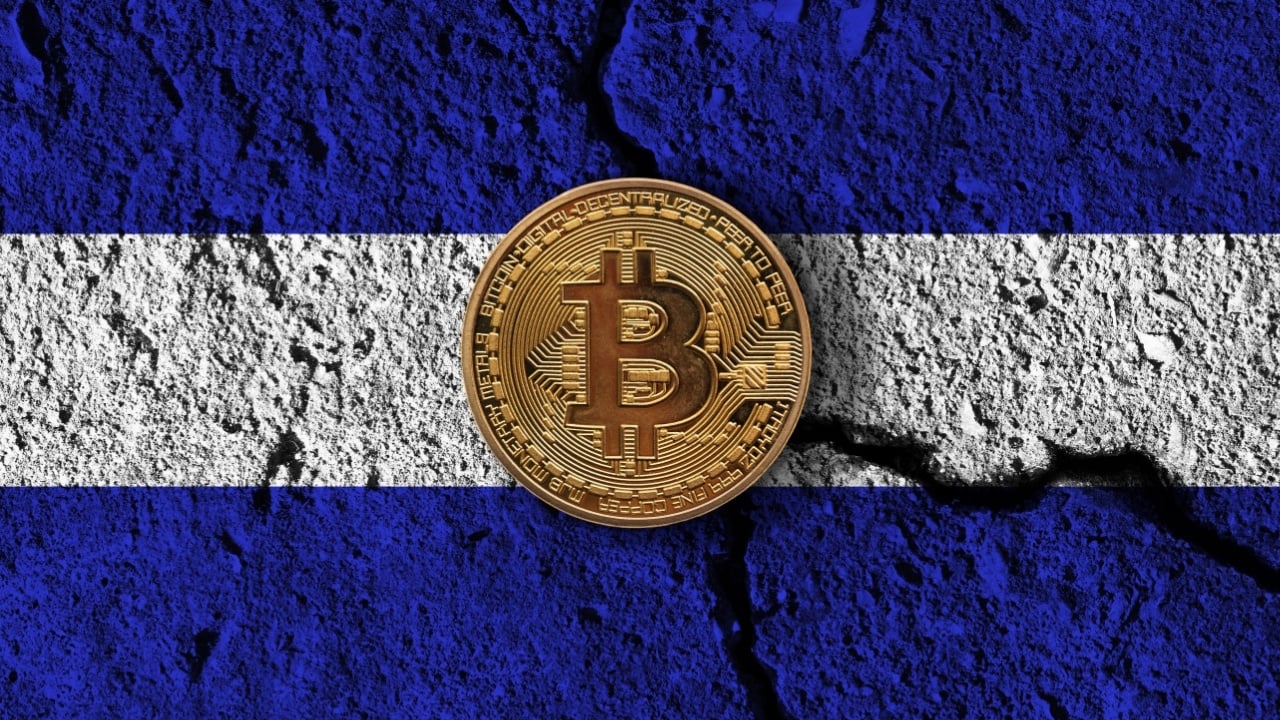
Decoding El Salvador’s Bitcoin Experiment: Adoption, Reality, and the Road Ahead
The Allure of Bitcoin: A Promise of Financial Revolution
El Salvador’s decision to adopt Bitcoin as legal tender in September 2021 was a bold move that captured global attention. President Nayib Bukele framed this decision as a solution to several critical issues facing the country. The primary goals included financial inclusion, reduced remittance costs, and attracting foreign investment.
Financial Inclusion
A significant portion of El Salvador’s population was unbanked, lacking access to traditional financial services. Bitcoin offered a potential pathway to bring these individuals into the formal economy. By enabling them to send and receive payments, save money, and participate in online commerce, Bitcoin promised to bridge the gap for those excluded from traditional banking systems.
Reduced Remittance Costs
El Salvador relies heavily on remittances sent by its citizens working abroad. Traditional remittance services often charge high fees, eroding the value of these crucial funds. Bitcoin promised to lower these costs, allowing more money to reach families in El Salvador. This was a significant incentive for a country where remittances account for a substantial portion of the GDP.
Attracting Investment
Bukele’s administration hoped that adopting Bitcoin would attract foreign investment and stimulate economic growth. By positioning El Salvador as a hub for crypto innovation, the government aimed to draw entrepreneurs and businesses to the country. This strategy was part of a broader effort to modernize the economy and create new opportunities.
To incentivize adoption, the government launched the Chivo Wallet, offering a $30 Bitcoin airdrop to every citizen who signed up. This initiative played a significant role in the initial surge in Bitcoin ownership, creating a sense of excitement and participation among the population.
Beyond the Headlines: Unveiling the Real Adoption Rate
While initial reports suggested a remarkably high adoption rate, reaching as high as 70%, a closer examination reveals a more nuanced picture. Several factors suggest that the actual usage and sustained engagement with Bitcoin are considerably lower.
The Chivo Wallet Incentive
The $30 airdrop undoubtedly spurred initial adoption, but many users likely signed up simply to claim the free money. Once the funds were spent, their engagement with Bitcoin may have waned. This indicates that the initial surge in adoption was more about the incentive than a genuine shift in financial behavior.
Limited Usage in Daily Transactions
Despite being legal tender, Bitcoin is not widely used for everyday transactions in El Salvador. Many businesses remain hesitant to accept Bitcoin due to its price volatility and the complexities of integrating it into their payment systems. This reluctance limits the practical utility of Bitcoin as a day-to-day currency.
Preference for U.S. Dollars
The U.S. dollar remains the dominant currency in El Salvador, and many citizens prefer to use it for their transactions due to its stability and widespread acceptance. The familiarity and trust in the U.S. dollar make it a more reliable choice for everyday use.
Technical Challenges
Access to reliable internet and smartphones is essential for using Bitcoin. In rural areas of El Salvador, where internet connectivity is limited, adoption faces significant hurdles. This digital divide exacerbates the challenges of widespread Bitcoin adoption.
Lack of Education and Trust
A lack of understanding about Bitcoin and its underlying technology, coupled with concerns about its volatility, has deterred many Salvadorans from embracing it. The government’s efforts to educate the public about Bitcoin have not been sufficient to address these concerns, leaving many citizens skeptical about its benefits.
The Economic Impact: A Mixed Bag of Results
El Salvador’s Bitcoin experiment has had a complex and often unpredictable impact on its economy. The results have been a mix of positive outcomes and significant challenges.
Tourism Boost
The adoption of Bitcoin has generated significant media attention, attracting crypto enthusiasts and tourists to El Salvador. This influx of visitors has provided a boost to the tourism sector, creating new opportunities for businesses and local communities.
Investment in Infrastructure
The government has invested in Bitcoin-related infrastructure, such as Bitcoin ATMs and educational programs. These investments have created new jobs and opportunities, contributing to economic growth. The development of a Bitcoin ecosystem has also spurred innovation and entrepreneurship.
Volatility Concerns
Bitcoin’s volatile price has raised concerns about its suitability as a stable store of value. The government’s Bitcoin holdings have fluctuated significantly in value, leading to criticism from international financial institutions. This volatility undermines confidence in Bitcoin as a reliable currency.
IMF Concerns
The International Monetary Fund (IMF) has repeatedly expressed concerns about the risks associated with El Salvador’s Bitcoin adoption. The IMF has warned that Bitcoin could undermine financial stability, create contingent liabilities, and complicate efforts to combat money laundering and terrorist financing. These concerns have led to a strained relationship between El Salvador and the IMF.
National Debt
There are concerns that Bukele’s Bitcoin play may undermine El Salvador’s ability to pay its national debt. International agencies have downgraded El Salvador’s debt rating due to the high risk associated with Bitcoin investments. This has raised questions about the long-term sustainability of the country’s financial policies.
Social Implications: Dividing Opinions and Creating New Divides
The adoption of Bitcoin has also had significant social implications, dividing opinions and creating new divides within El Salvador.
Public Skepticism
Many Salvadorans remain skeptical about Bitcoin, viewing it as a risky and complicated technology. Some have protested against the government’s Bitcoin policies, expressing concerns about the lack of transparency and the potential for corruption. This skepticism highlights the challenges of gaining widespread public acceptance.
Digital Divide
The adoption of Bitcoin has exacerbated the digital divide in El Salvador, as those with access to technology and education are more likely to benefit from it than those without. This divide underscores the importance of addressing technological and educational disparities to ensure equitable participation in the Bitcoin economy.
Financial Literacy
The government has launched educational programs to promote financial literacy and teach people about Bitcoin. However, these programs have not been sufficient to address the widespread lack of understanding about cryptocurrency. Improved financial literacy is crucial for building trust and encouraging adoption.
Opportunity for Innovation
Despite the challenges, Bitcoin has created new opportunities for innovation and entrepreneurship in El Salvador. Some businesses are using Bitcoin to offer new products and services, and individuals are exploring ways to leverage cryptocurrency for their own benefit. These innovations highlight the potential for Bitcoin to drive economic growth and development.
The Future of Bitcoin in El Salvador: Uncertain but Not Over
The future of Bitcoin in El Salvador remains uncertain. While the initial hype has subsided, the experiment is far from over. Several factors will determine the long-term success or failure of this bold initiative.
Government Support
The government’s continued support for Bitcoin is crucial. If the Bukele administration remains committed to promoting Bitcoin and investing in related infrastructure, it could help to drive further adoption. Strong government backing is essential for building confidence and overcoming resistance.
Price Stability
Bitcoin’s price volatility remains a major obstacle to widespread adoption. If Bitcoin can achieve greater price stability, it could become more attractive to businesses and individuals. Efforts to stabilize the price of Bitcoin will be critical for its long-term success.
Financial Literacy
Continued efforts to improve financial literacy are essential. Educating the public about Bitcoin and its potential benefits and risks can help to build trust and encourage adoption. Comprehensive financial education programs are needed to address the knowledge gap.
Regulatory Framework
A clear and comprehensive regulatory framework is needed to provide clarity and certainty for businesses operating in the Bitcoin space. This framework should address issues such as consumer protection, anti-money laundering, and taxation. A robust regulatory environment will foster trust and encourage investment.
Technological Infrastructure
Continued investment in technological infrastructure, such as internet connectivity and smartphone access, is essential to ensure that all Salvadorans can participate in the Bitcoin economy. Bridging the digital divide will be crucial for inclusive adoption.
Conclusion: A Bold Experiment with Lasting Lessons
El Salvador’s Bitcoin experiment has been a bold and ambitious undertaking, fraught with both opportunities and challenges. While the initial claims of widespread adoption may have been overstated, the experiment has undoubtedly generated significant attention and sparked important conversations about the future of money. The long-term impact of Bitcoin on El Salvador’s economy and society remains to be seen, but the lessons learned from this experiment will be valuable for other countries considering adopting cryptocurrency. The path forward requires a balanced approach, addressing the risks while harnessing the potential benefits of this innovative technology. The dream of a Bitcoin-powered financial revolution in El Salvador may be facing headwinds, but it is certainly not dead. It is evolving, adapting, and, hopefully, learning from its initial stumbles.





